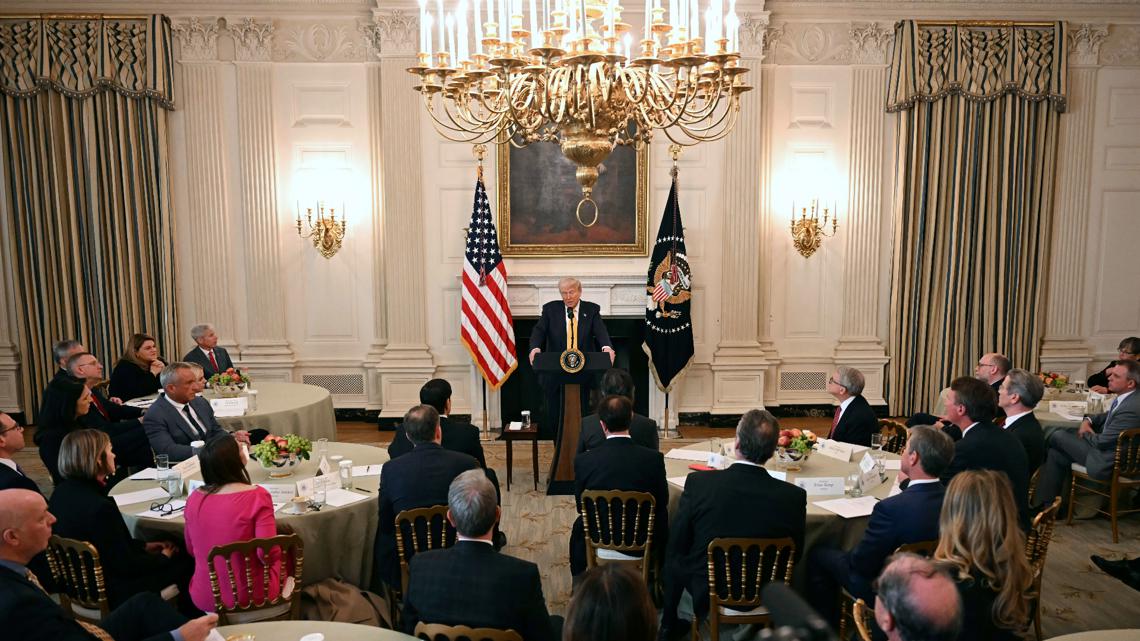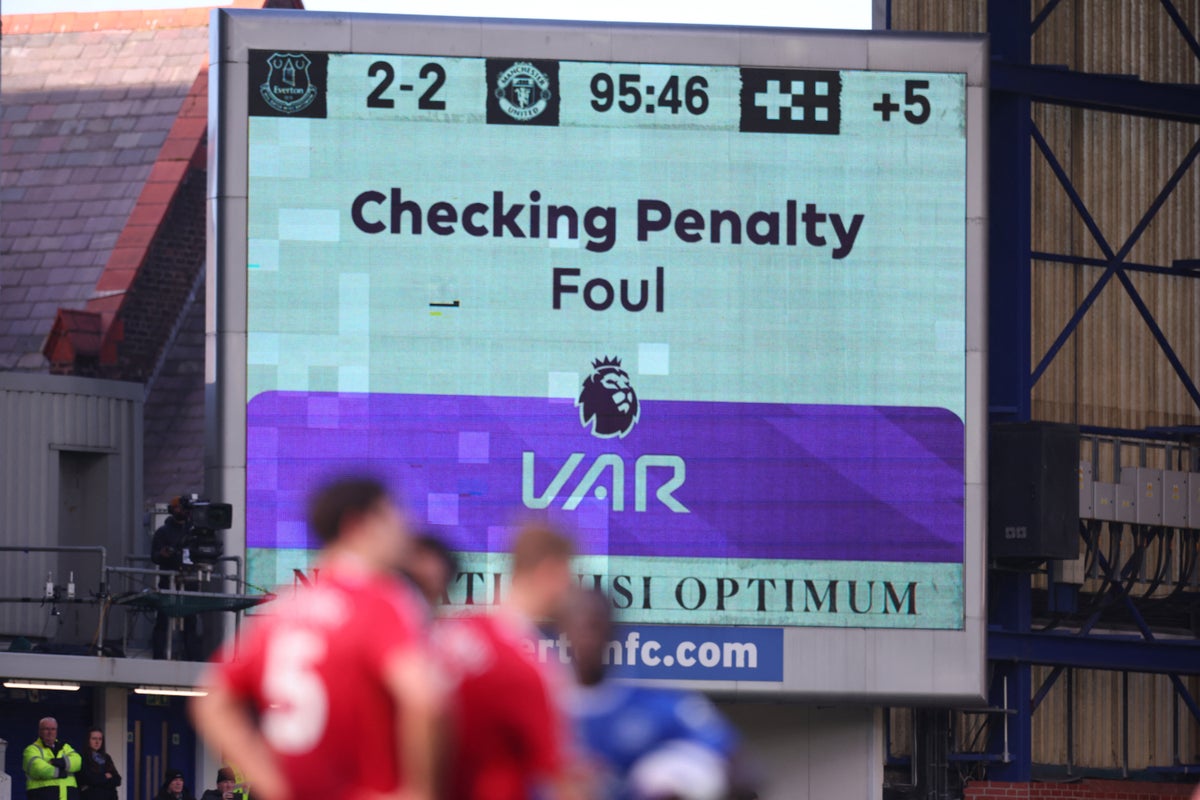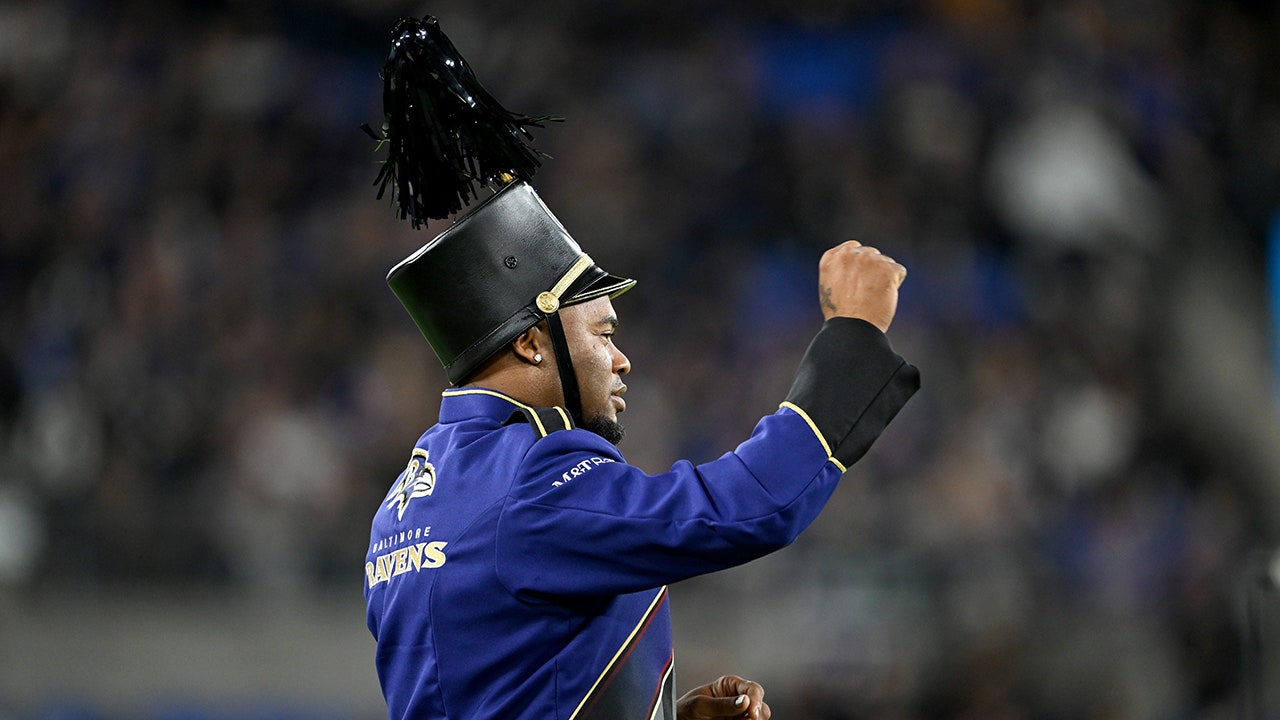Don't Trust Putin's Propaganda: The Truth Behind The Headlines

Table of Contents
Don't Trust Putin's Propaganda: Unpacking the Truth Behind the Headlines
MOSCOW, RUSSIA – Vladimir Putin's Russia has long wielded propaganda as a weapon, shaping narratives both domestically and internationally to serve its geopolitical goals. The ongoing war in Ukraine has only intensified this information warfare, making it crucial to discern fact from fiction in the deluge of headlines. Understanding the Kremlin's tactics is the first step in navigating the complex reality of the conflict.
The Kremlin's propaganda machine operates on several key fronts. State-controlled media outlets like RT (formerly Russia Today) and Sputnik, while facing sanctions and restrictions in many Western countries, continue to disseminate narratives favorable to the Russian government. These narratives often portray the war as a necessary "special military operation" to protect Russian-speaking populations and prevent NATO expansion, downplaying or outright ignoring the scale of Russian aggression and atrocities committed against Ukrainian civilians. These outlets frequently employ disinformation techniques such as spreading misinformation, echoing conspiracy theories, and deploying coordinated troll farms to manipulate online discourse.
A common tactic involves portraying Ukraine as a Nazi-led regime, despite the fact that Volodymyr Zelenskyy, the democratically elected president, is Jewish. This narrative, while demonstrably false, aims to dehumanize Ukrainians and justify the invasion to a domestic audience. Simultaneously, the Kremlin seeks to frame itself as the defender of traditional values, portraying the West as decadent and morally corrupt.
Independent journalism within Russia faces immense pressure, with stringent laws against criticizing the government and the war effort. Many journalists have been forced into exile or have been imprisoned, severely limiting access to unbiased information from within the country. This creates a significant information gap, allowing the Kremlin's narrative to dominate the domestic discourse.
However, the effectiveness of Russian propaganda is not absolute. The sheer brutality of the war in Ukraine, including evidence of war crimes and the widespread destruction of civilian infrastructure, has exposed the contradictions in the Kremlin's narrative. Satellite imagery, eyewitness accounts, and investigations by international organizations like the International Criminal Court have provided irrefutable evidence challenging Russia's claims. Moreover, the resilience of the Ukrainian people and their unwavering defense of their sovereignty have undermined the Kremlin's narrative of a swift and easy victory.
The international community is actively working to counter Russian propaganda. Fact-checking organizations like the Associated Press and Reuters are diligently verifying information and debunking false claims. Social media platforms, while struggling to fully address the issue, are also implementing measures to flag and remove disinformation campaigns. This ongoing effort to expose and counter the Kremlin's narratives is crucial in ensuring a more accurate understanding of the conflict in Ukraine.
The challenge, however, remains significant. The constant stream of propaganda, coupled with the sophistication of disinformation tactics, necessitates a critical and informed approach to news consumption. Citizens must rely on multiple sources, critically assess information, and verify the credibility of sources before accepting any claim as factual. Ignoring the obvious biases present in state-sponsored media is paramount.
In conclusion, understanding Putin’s propaganda machine is vital in navigating the complex information landscape surrounding the war in Ukraine. By recognizing the Kremlin’s tactics, relying on verified sources, and engaging in critical thinking, we can combat misinformation and strive for a more accurate understanding of this crucial conflict. The fight against disinformation is ongoing, demanding constant vigilance and a commitment to truth.

Featured Posts
-
 Severance Season 2 Episode 6 Recap What Happened In The We We Are
Feb 22, 2025
Severance Season 2 Episode 6 Recap What Happened In The We We Are
Feb 22, 2025 -
 Severance Season 2 Episode 6 Attila Key Plot Points And Discussion
Feb 22, 2025
Severance Season 2 Episode 6 Attila Key Plot Points And Discussion
Feb 22, 2025 -
 Detroit Area Sheriff Three Kids Found Abandoned Left For Years
Feb 22, 2025
Detroit Area Sheriff Three Kids Found Abandoned Left For Years
Feb 22, 2025 -
 Tariffs And Weak Sales Forecast Sink Walmart Stock
Feb 22, 2025
Tariffs And Weak Sales Forecast Sink Walmart Stock
Feb 22, 2025 -
 Gov Mills Defends Maines Record Amidst Trumps Compliance Accusations
Feb 22, 2025
Gov Mills Defends Maines Record Amidst Trumps Compliance Accusations
Feb 22, 2025
Latest Posts
-
 How To Stream And Watch Mls Games La Galaxy Lafc Inter Miami Coverage
Feb 23, 2025
How To Stream And Watch Mls Games La Galaxy Lafc Inter Miami Coverage
Feb 23, 2025 -
 Meet Josh Padley The Yorkshire Electrician With Big Dreams
Feb 23, 2025
Meet Josh Padley The Yorkshire Electrician With Big Dreams
Feb 23, 2025 -
 Everton 0 2 Manchester United Full Match Report And Player Ratings
Feb 23, 2025
Everton 0 2 Manchester United Full Match Report And Player Ratings
Feb 23, 2025 -
 Extra L Music Video Jennie And Doechiis Ruby Collaboration Gets A Visual
Feb 23, 2025
Extra L Music Video Jennie And Doechiis Ruby Collaboration Gets A Visual
Feb 23, 2025 -
 Ex Raven Star Accused Of Affair By Social Media User
Feb 23, 2025
Ex Raven Star Accused Of Affair By Social Media User
Feb 23, 2025
